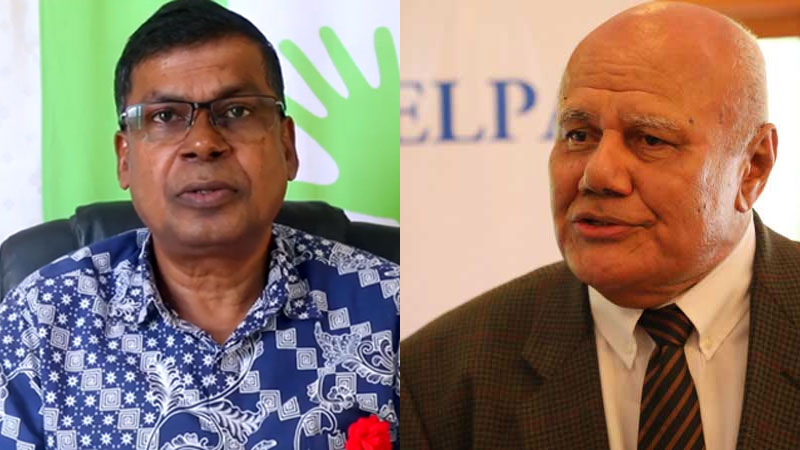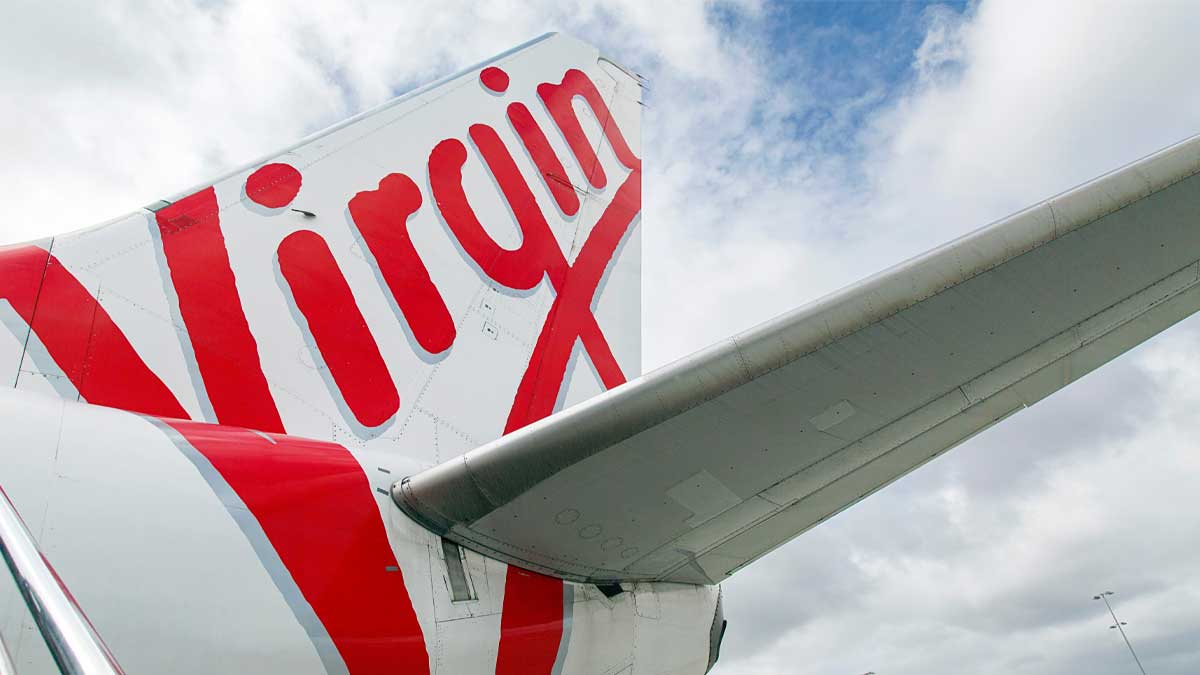
National Federation Party Leader, Professor Biman Prasad says with the increasing number of COVID-19 cases, we are now putting the lives of our frontliners like doctors, nurses and health workers, at risk while SODELPA Leader Viliame Gavoka says maybe we should have had a lockdown as soon as the Delta variant of COVID-19 came into Fiji.
Professor Prasad says we have only a limited number of trained health staff who can manage this crisis.
He is asking what happens when they are taken out of action.
The NFP Leader says his greatest fear is for these people, who have been working long hours, at ever greater risk to themselves.
According to Professor Prasad, every day we delay a lockdown, we simply prolong the crisis.
He says a lockdown is necessary, the medical professionals know best how long the lockdown should be, how to stage and manage it.
Professor Prasad says it is not too late to ask business, community and faith organisations for help.
He says if we work together we can organise and we can give help to those who will need it in a short lockdown.
The NFP Leader says we can protect vital industries and our health workers but we must do it together, bringing together all our people and their talents.
Professor Prasad says the Government says that Fiji cannot afford a lockdown however he says the opposite is true as there will be a health, economic and social disaster without a lockdown.
While speaking during the People's Virtual Conference, Gavoka says it is not too late and we can do that now.
Gavoka further says containment is a last resort and sometimes does not work adding that for Fiji to look at the option that is better suited.
The SODELPA leader says we can free ourselves from COVID-19 through vaccinations.
He adds that it is a great step that church leaders are getting vaccinated and telling people to disregard the conspiracy theories about the vaccine.
Gavoka says the aim should be to get 85 percent immunity by December.
Meanwhile, Prime Minister Voreqe Bainimarama says at this stage, it should be clear that we are not going to get through this pandemic by shutting every Fijian in their homes and shuttering the windows of every business in the country.
Bainimarama says 28 days of a 24 hour curfew for all of Viti Levu would put all of us face to face with economic disaster and miserable isolation.
He says if they took that route, after they spent nearly 700 hours shut in their homes, Fiji would look vastly and cruelly different when we all re-emerge.
Bainimarama adds people’s jobs may never return and Fiji will suffer structural unemployment through the permanent loss of industries and he cannot allow that to happen.
He says our current outbreak is localized, it is not all over Fiji, it is on Viti Levu and centred in the Central Division.
Bainimarama says the cases are also mostly occurring in known clusters, most of which are within lockdown areas adding they have managed to keep the cases at much lower levels than they could have been, and we certainly have not had the kind of rampant spread that many countries experienced a year or more ago.
He also says the growing numbers of cases are not good news, by any means, but when we look into those numbers, we can understand that as long as we can find and contain the new cases, we can contain or slow the spread by quarantining people we suspect may be positive and isolating those who have tested positive already.
The Prime Minister says it is easy to call for drastic measures like 28 days of straight lockdown for the whole of Viti Levu if you are still in a high-paying job or have a healthy savings account, it is easy to call for a lockdown if you do not depend on day-to-day wages or struggle to pay bills for a business that is closed, it is easy to call for a lockdown if you don’t work at a factory that might permanently leave Fiji if they must shut down completely for 28 days; the garment factories and call centres, that cannot serve overseas clients will lose those contracts –– and the jobs they support – forever.
Stay tuned for the latest news on our radio stations


